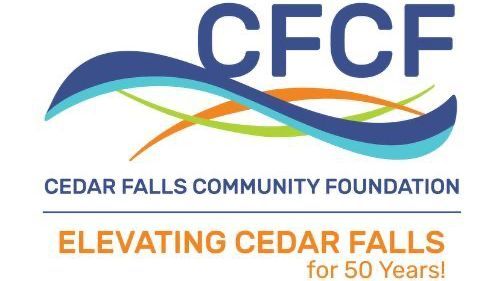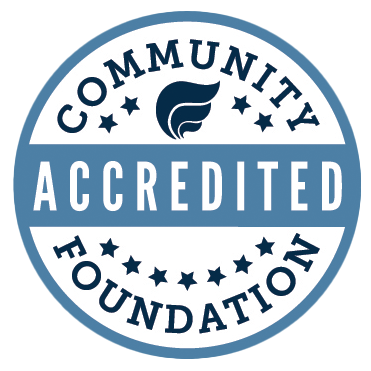
Are you an attorney, CPA, financial planner or other trusted advisor?
If you are an attorney, accountant, tax advisor or financial planner, you may be wondering if working with a community foundation is a way to help support your clients.
Attorney
Tax Professional
Financial Planner
CFCF has earned the trust of professional advisors throughout the Cedar Valley. Here’s why:
- We work through you. You stay in control of your client relationship; CFCF is here to help you serve your clients’ charitable giving needs.
- We partner with you providing support, information, and expertise around charitable giving options.
- We help you build stronger relationships. Your clients will appreciate the charitable impact and tax advantages you help them with.
- We help you connect across generations. When you help families establish a donor-advised fund at CFCF you begin an ongoing process of involvement with current and future generations.
Professional Advisors and CFCF
Working Together for Their Clients and Their Communities
Professional advisors find themselves at the convergence of trying to assist their clients in managing and preserving their wealth while also assisting them with their desires to give back and leave a legacy in their community. Balancing these two priorities are affecting professional advisor practices in two significant ways:
- Charitable Giving Advice
FIRST, advisors are incorporating charitable giving as an integral component in their financial and estate planning activities. Asking the question,“Do you have charitable giving interests?” is a standard planning practice for many advisors today. Charitable giving advice is a service welcomed by clients who expect an integrated approach to their wealth management.
- Trusted Resource
SECOND, advisors are incorporating CFCF as a trusted resource
in delivering charitable giving knowledge, maximum tax benefits and various products to their clients.
The Cedar Falls Community Foundation (CFCF) can support advisors and their clients through the charitable giving process.
Here’s how:
- IDENTIFY your client’s charitable giving interests
- MATCH personal charitable interests with tax planning needs
- CREATE AND IMPLEMENT charitable plans that are integrated into major business, personal and financial decisions
- PROVIDE information on community needs highlighting local agencies and programs that make a difference in the areas that clients care about most
- DELIVER grant-making expertise and a range of administrative services related to charitable giving
- SUPPORT ongoing and emerging charitable conversations with your clients
Talking to Your Clients About Giving
Significant giving opportunities often arise when clients are making major business, personal, and financial decisions. The Cedar Falls Community Foundation can work with you and your client to recommend the best charitable solution. The following are some typical scenarios:
Reluctant to Start a Conversation?
It's more common than you think. Some advisors are reluctant to begin a charitable giving conversation with their clients. They may be concerned about appearing to make a values judgment, especially if the client has not expressed charitable intentions.
Reasons to broach the subject of charitable giving:
- a significant opportunity may be lost for a client and their community;
- many individuals expect their professional advisors to bring up the subject if appropriate; and
- clients may assume charitable giving is not an option if the subject is not raised.
Why talk to your clients about charitable giving?
Sample Will Language
To help you and your client, below is a couple of samples of will or bequest language including the Cedar Falls Community Foundation.
- I give, devise, and bequeath to the Cedar Falls Community Foundation, an Iowa nonprofit corporation, an amount equal to _______ percent (___%) of the value of my estate at the time of my death.
- I give, devise, and bequeath to the Cedar Falls Community Foundation, an Iowa nonprofit corporation, the sum of ______ Dollars ($___).
CFCF wishes to thank the Iowa Council of Foundations for its leadership. Much of what is available on this page was developed by them. You can explore their website at https://iowacounciloffoundations.org/endow-iowa/



